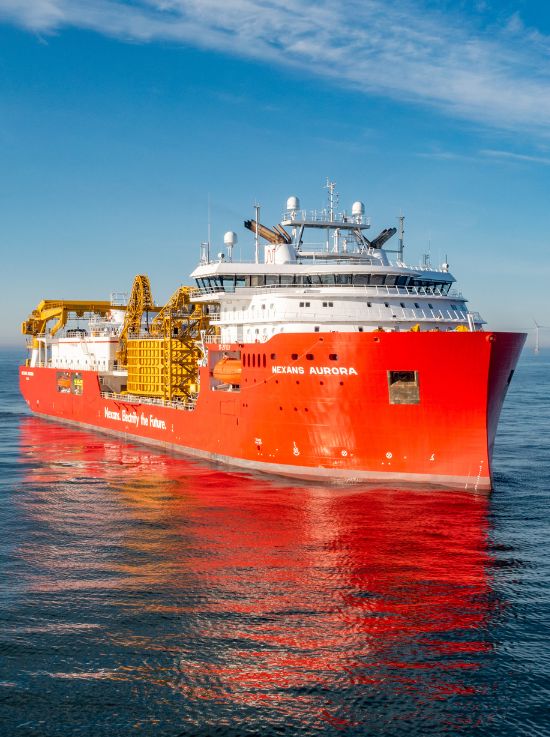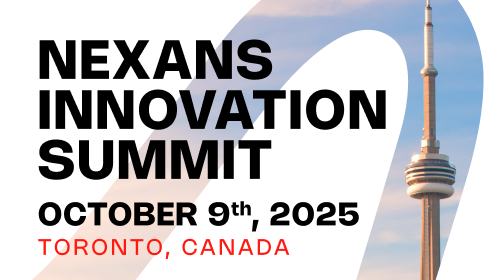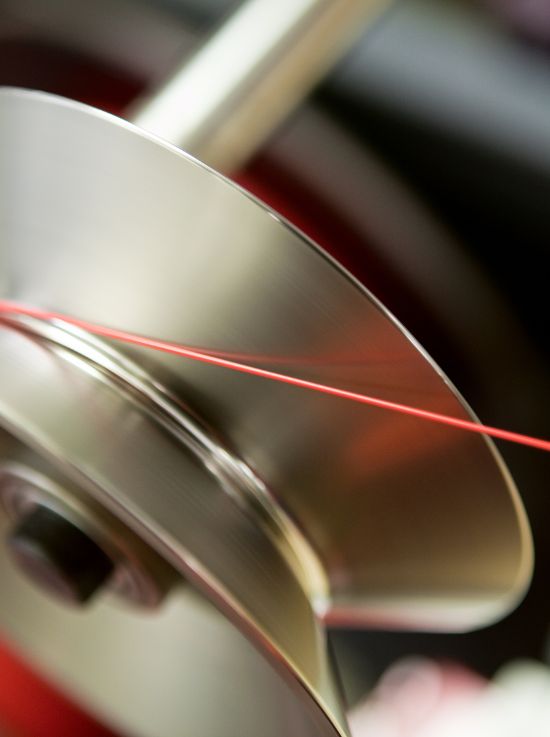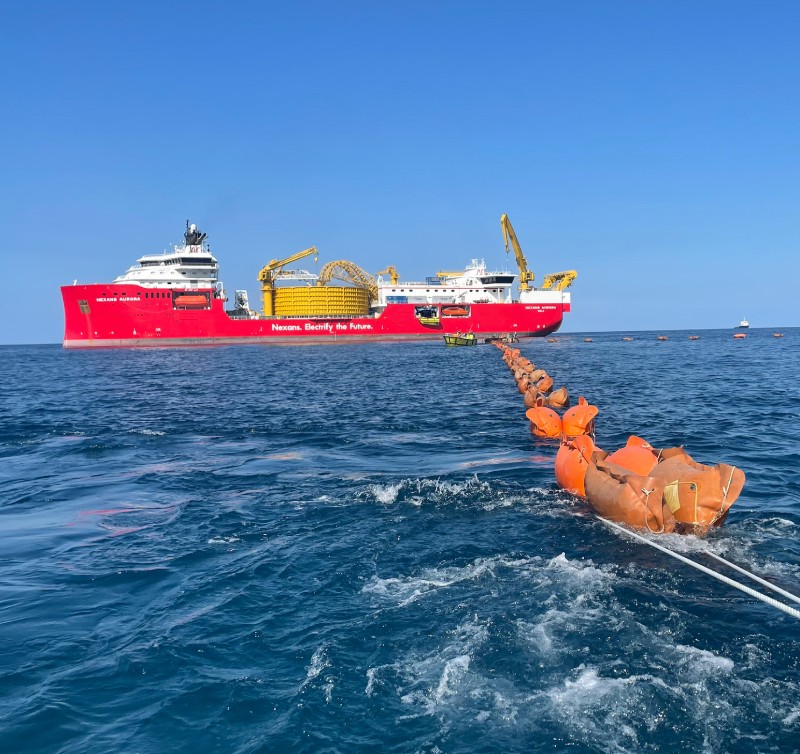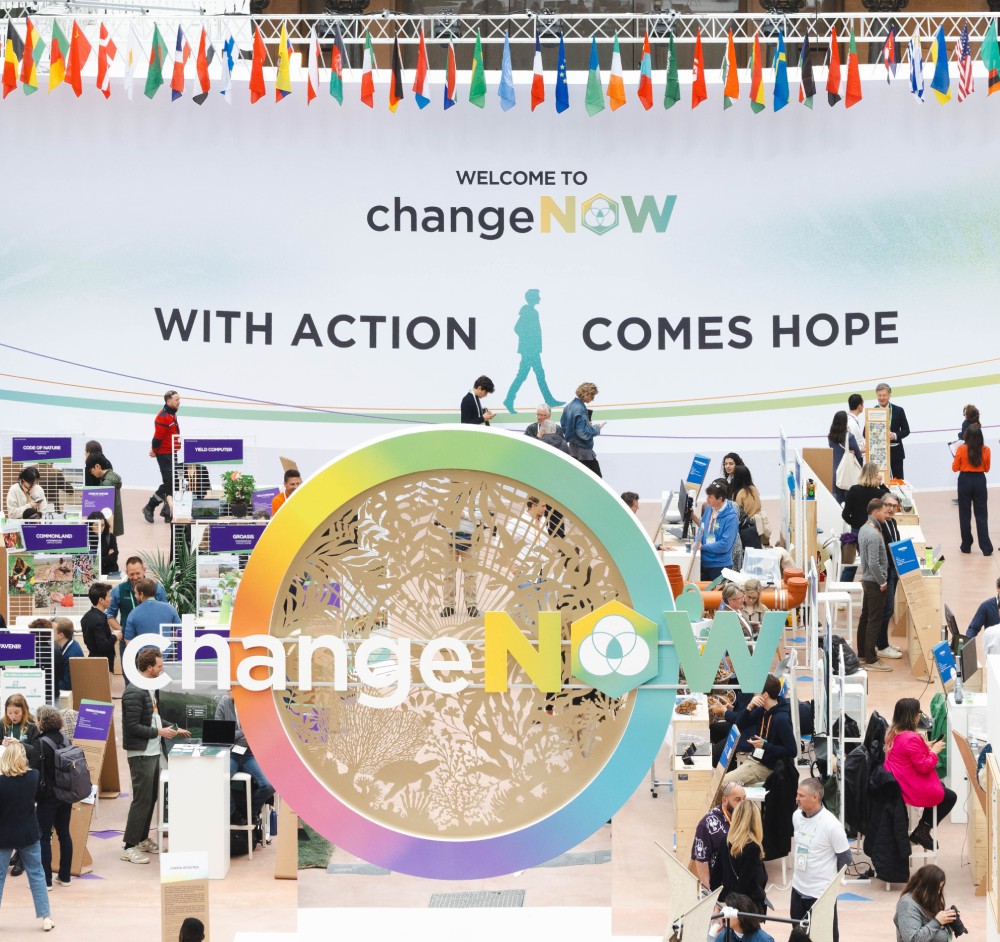The RENOV (Recycling and Reincorporation of Elastomer Materials) research project, supported by ADEME, aims to develop innovative technical solutions for recycling plastics, in particular cross-linked industrial plastics widely used in the manufacturing of power cables and accessories.
Representing a total investment of more than €3.6 million, this project is co-financed to the tune of more than €2 million by the French government, as part of the France 2030 plan (operated by ADEME and financed by the European Union – NextGenerationEU). It aims to develop the country’s industrial competitiveness and future technologies.
This research program involves four partners – Elkem, Hutchinson, Nexans, and Université Claude Bernard Lyon 1 (IMP, CP2M & ISA) and relying on the expertise of the Axel’One platform. It aims to develop a circular economy model for plastics in order to limit their environmental impact, by collecting waste, recycling it and feeding it back into the manufacturing chain.
The project is designed to meet the growing market demand for products containing recycled materials.
Do you know what RENOV project is?
Major technical and scientific challenges
The technical innovations to be developed should enable the industrial partners to achieve a 25% rate of recycled raw materials in their respective finished products. By 2032, this could amount to more than 2,000 metric tons per year for each partner.
Several avenues are being explored:
- develop methods for analyzing the composition of waste and analytical monitoring of recycling processes, in particular using the expertise of the Axel’One platform.
- develop innovative mechanical recycling methods and combine them with chemical recycling techniques.
- incorporate recycled material as new raw material in formulations and study the various influences (processes, rates of incorporation, etc.).
Environmental, economic and social challenges
At first glance, the use of recycled raw material as part of the project and according to the proposed scenarios should help to reduce the carbon footprint of the finished products concerned by around 0.3 to 0.9 kg CO2.eq per kg of product. This would correspond to a reduction in the carbon footprint of these products by around 20 to 25%. As the life cycle analysis will need to be quantified in greater detail, it is the subject of a specific project task.
In terms of social and economic benefits, the introduction of industrial waste recovery and recycling channels and processes should create new jobs specializing in this area of the circular economy.
Fully integrated from metallurgy to cable recycling, the Group has a unique approach on circular economy for copper, but also for other materials, plastic compounds, water, drums and packaging. The circular economy features in the Group’s CSR policy as one of the main ambitions, covering products, industrial processes and the supply chain.
Technical and Innovation Vice President, Nexans
Anniversary meeting at AmpaCity, Nexans’ global innovation hub in Lyon
At the start of 2024, the consortium met to take stock of the first year of collaboration. The initial results are significant for the project’s progress:
- Collection and analysis of waste batches by each manufacturer to improve the definition of the waste targeted by the project: properties, chemistry, content (pollution), etc.
- Discussions about the various technologies available on the market and tests carried out using certain machines have produced promising initial results, pointing to significant rates of reincorporation of recycled raw material (>5%).
- Three post-doctoral researchers at Lyon 1 University have begun more specific studies combining mechanical and chemical recycling techniques, each focusing on a particular type of polymer/elastomer:
- silicones for Elkem
- rubbers for Hutchinson
- polyolefins for Nexans.

